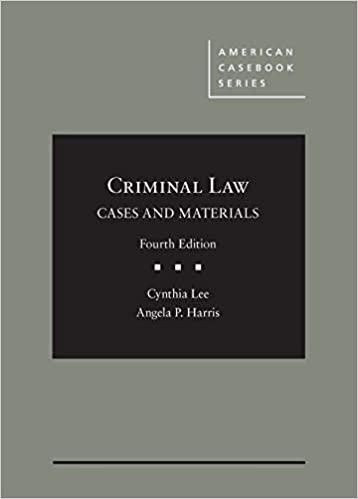Question
In 2015, Marjorie sold all her shares of the biotech company, Juno. Just two days later, Juno's stock fell 16% after it was publicly announced
In 2015, Marjorie sold all her shares of the biotech company, Juno. Just two days later, Juno's stock fell 16% after it was publicly announced that the Food & Drug Administration (FDA) had not approved Juno's primary pharmaceutical product. By selling her shares in the company prior to the announcement and subsequent drop in the stock's value, Marjorie avoided a $45,673 loss. But she was not the only who benefitted from a quick sale. The then Juno CFO, Harry Buck CPA, had also ordered the sale of his extensive share in the company, a $5 million stake to be exact, prior to the news being made public.
Over the course of the investigation, it came to light that Marjorie had acted on a piece of nonpublic information, but that the information was not explicit knowledge of the FDA's decision about Juno's drug approval. Marjorie had acted upon a tip from her Merrill Lynch
broker, her cousin Peter Bender. Bender knew that Buck was attempting to unload his large stake in his company, and while he did not know precisely why, he tipped Marjorie off on Buck's actions which lead to the selling of her shares. Marjorie did not have knowledge of why her cousin suggested she sell her Juno shares.
During the investigation, Marjorie told investigators she had a standing sell order of her Juno stock at $60 per share should the stock go down. The story of a standing sell order was not true. Marjorie's cousin asked her to make a "little fib" because no one was getting hurt and if she didn't state there was a standing order to sell, he might lose his job. Peter stated, "I did nothing illegal. Come on - help me out".
Required:
Part 1
: Is there a violation of insider trading by Harry Buck and/or Marjorie? Are there any other possible criminal charges as to Marjorie or others (explain)? Any defenses?
Part 2:
What ethical issues are facing Harry Buck CPA and others (Explain fully - see ethical issue
categories below)? What is normally a central theme of unethical behavior? If you were the CEO, how would you address Harry Buck's actions other than to terminate his employment? How do you personally (your benchmark) determine if an action is ethical or not ethical?
Accountants often face ethical dilemmas in the practice of accounting. However, ethical issues are not exclusive to accountants. Ethical issues can be divided into the following categories:
1. Conflict of Interests.
2. Confidential Information.
3. Sins of omission.
4. Pressure to manipulate the information.
5. Impact of blowing the whistle and the possibility of losing your job.
Step by Step Solution
There are 3 Steps involved in it
Step: 1

Get Instant Access to Expert-Tailored Solutions
See step-by-step solutions with expert insights and AI powered tools for academic success
Step: 2

Step: 3

Ace Your Homework with AI
Get the answers you need in no time with our AI-driven, step-by-step assistance
Get Started


